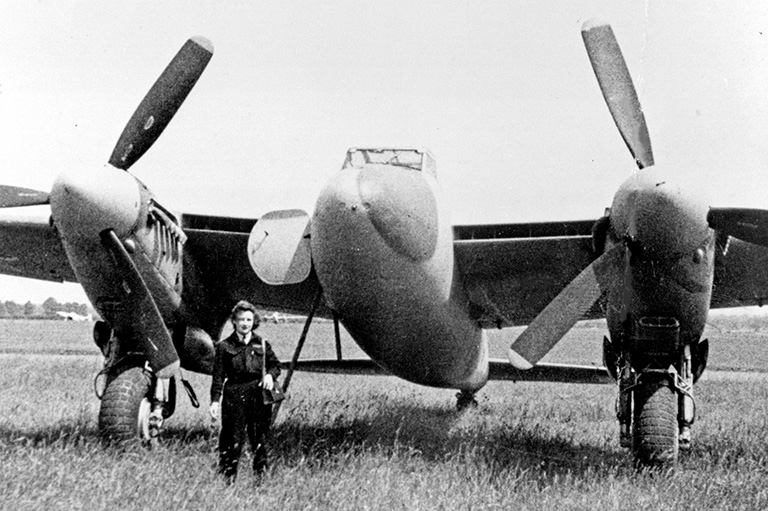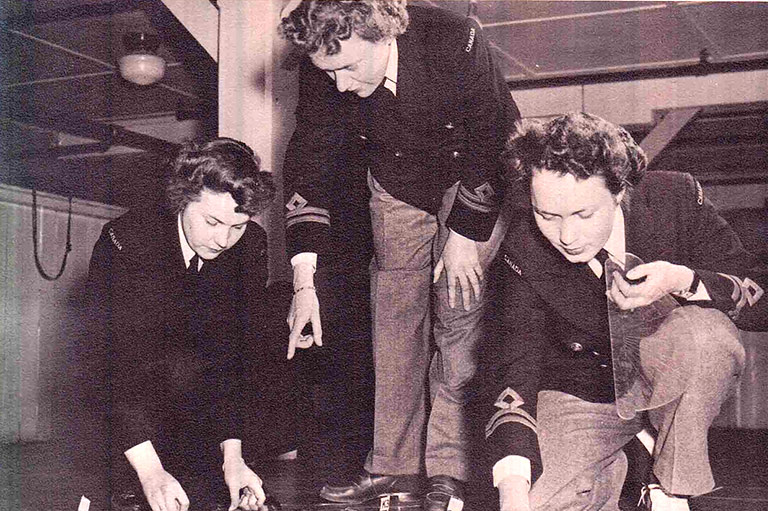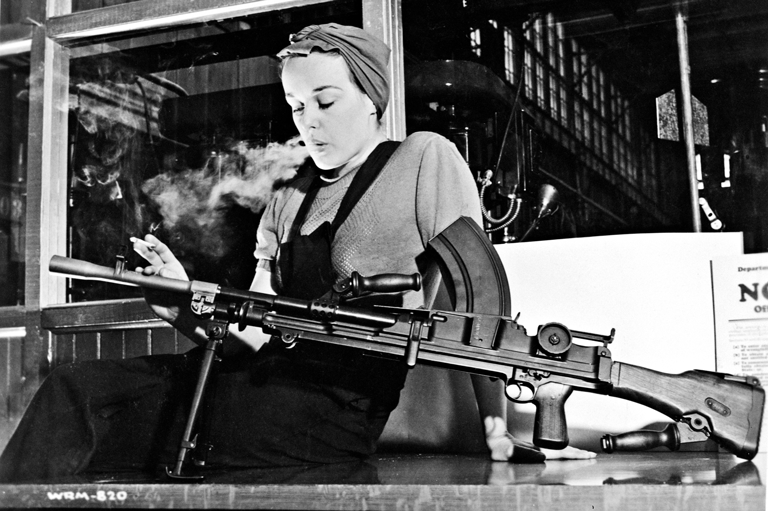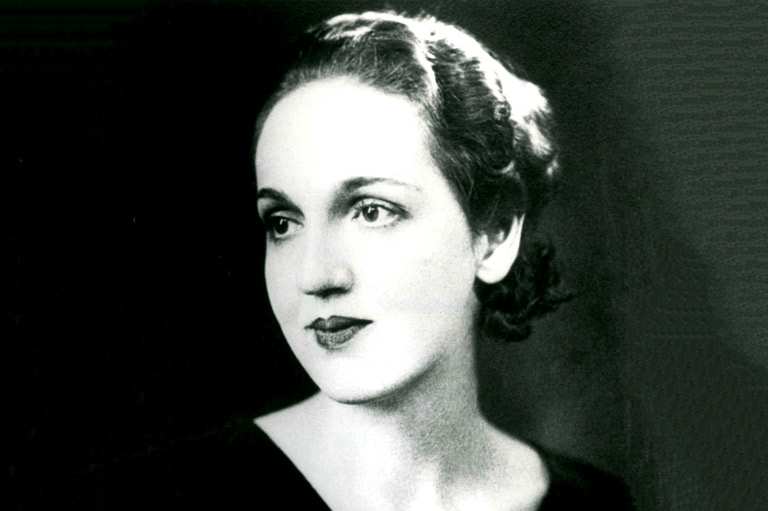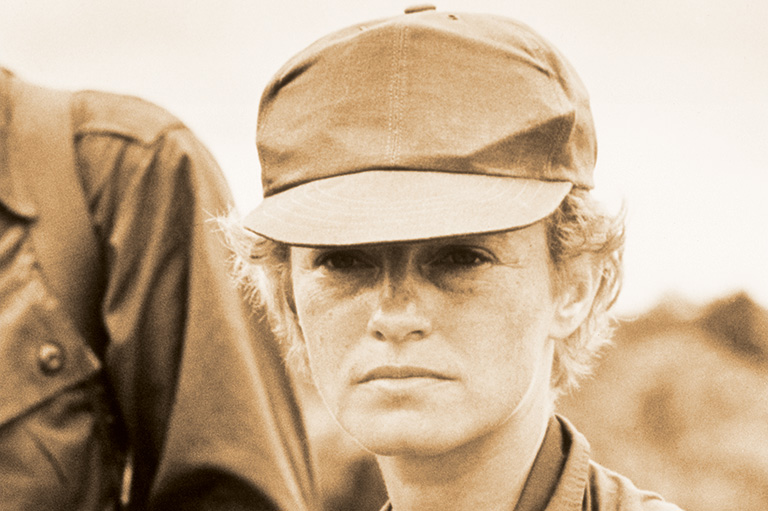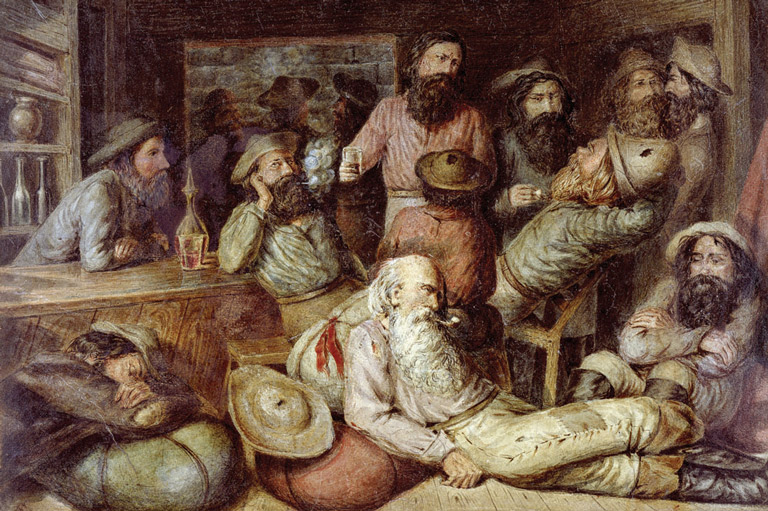Soaring High
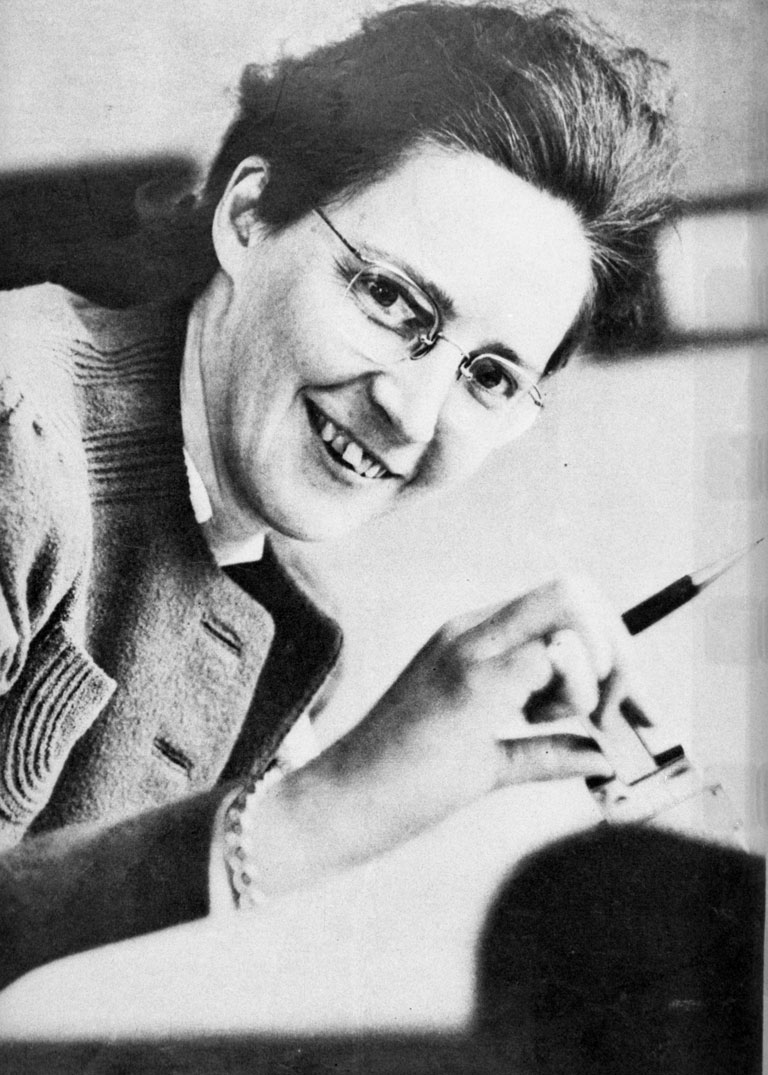
“Now for my big good news,” wrote Elsie MacGill to her family. “I have accepted the job of Chief Engineer of Canadian Car & Foundry in Fort William.… If I make good, I will be on top of the world.… To be chief engineer at 33 years of age is not bad.” Not bad at all — Elizabeth Muriel Gregory “Elsie” MacGill wrote that letter in 1938, less than ten years after becoming the first woman ever to earn a master’s degree in aeronautical engineering in 1929. Her role at Can Car, as it was known in Fort William (present-day Thunder Bay), Ontario, was an excellent next step in a quite remarkable life.
Born in Vancouver in 1905, MacGill grew up in a family that didn’t care much about traditional gender roles — her mother, Helen Gregory MacGill, broke new ground as a judge in British Columbia. Undeterred by a bout with polio in her twenties that required her to walk with canes thereafter, MacGill was a trailblazer at Can Car as the world’s first woman to lead the overall design of an airplane: the two-seat, single-engine Maple Leaf II. With MacGill at the helm, the factory ramped up wartime production of more than 1,400 Hawker Hurricane fighter planes for the Royal Air Force. MacGill even designed a version with skis and de-icing equipment, earning her the title “Queen of the Hurricanes” in a comic book. The Hurricane expanded Allied air power and was one of the main fighter planes flown by Canadian and Allied pilots in the Battle of Britain, the first battle of the Second World War fought mostly in the air.
With 7 uniquely curated newsletters to choose from, we have something for everyone.
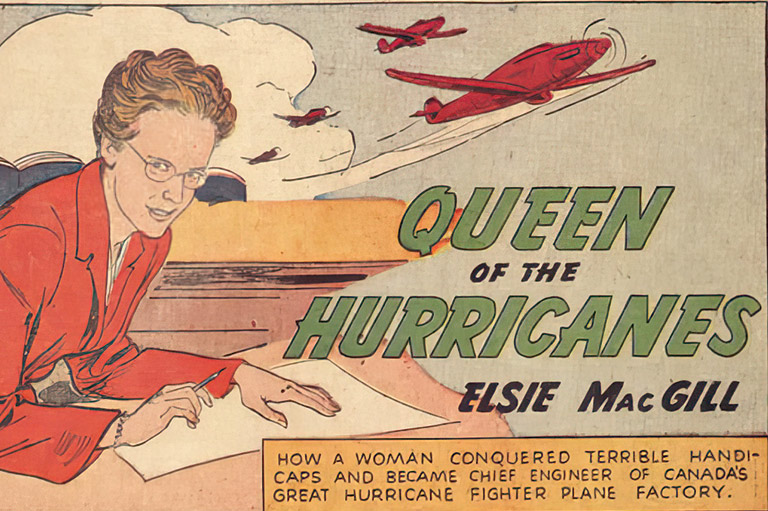
While some sniped at the media hype — not helped by Toronto Telegram headlines like “New War Plane Designer is a Slim Girl with Curls” — others applauded her. After the war, MacGill founded her own engineering consulting company and, as a prominent Canadian feminist, served on the Royal Commission on the Status of Women from 1967 to 1970.
“She was almost like the first man on the moon for the women,” reflected wartime Can Car riveter Lauretta Breckon Jones in the 1999 documentary Rosies of the North. “She made a breakthrough for us in engineering.”
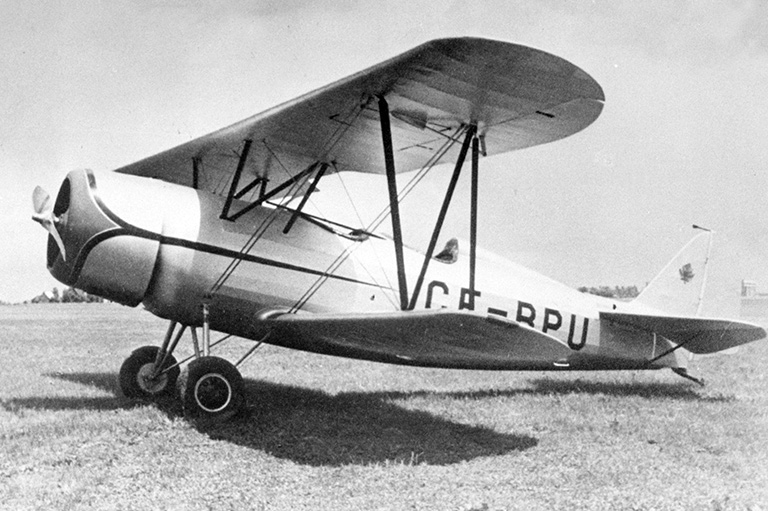
If you believe that stories of women’s history should be more widely known, help us do more.
Your donation of $10, $25, or whatever amount you like, will allow Canada’s History to share women’s stories with readers of all ages, ensuring the widest possible audience can access these stories for free.
Any amount helps, or better yet, start a monthly donation today. Your support makes all the difference. Thank you!
Themes associated with this article
Advertisement
Save as much as 40% off the cover price! 4 issues per year as low as $29.95. Available in print and digital. Tariff-exempt!


